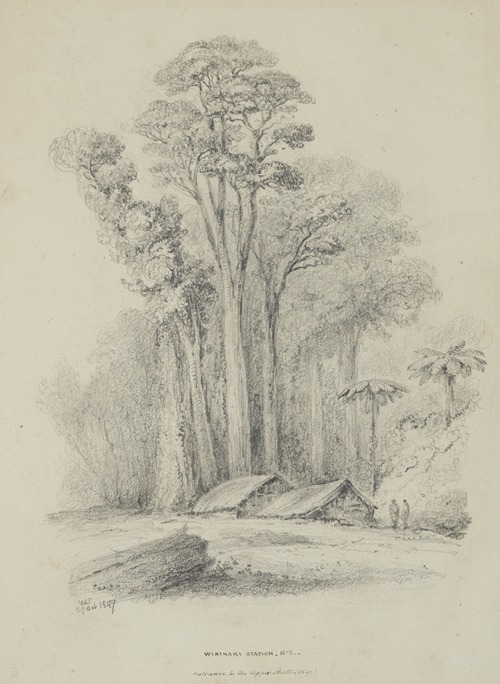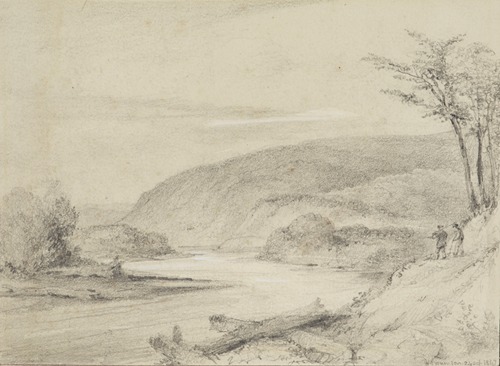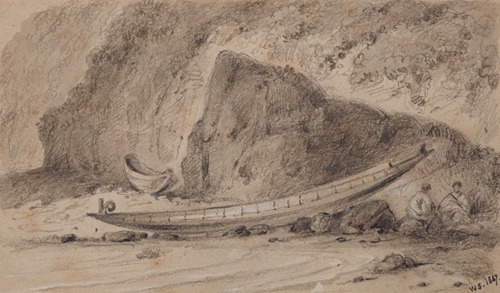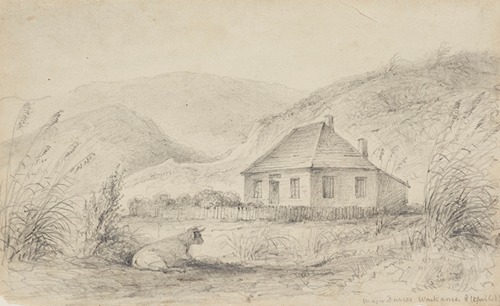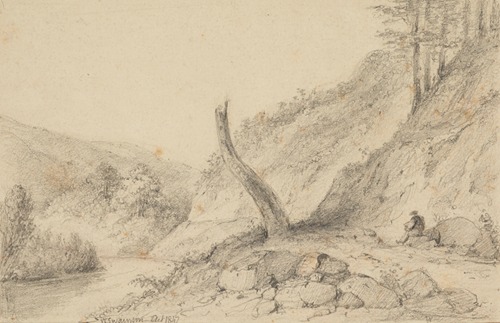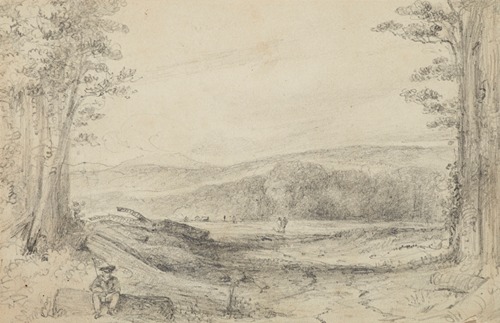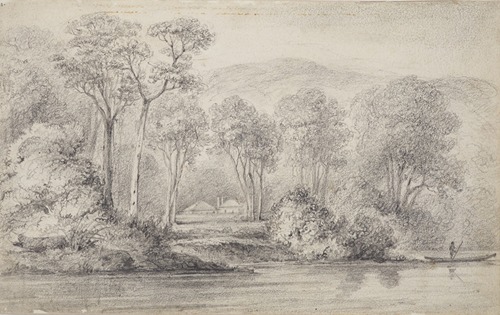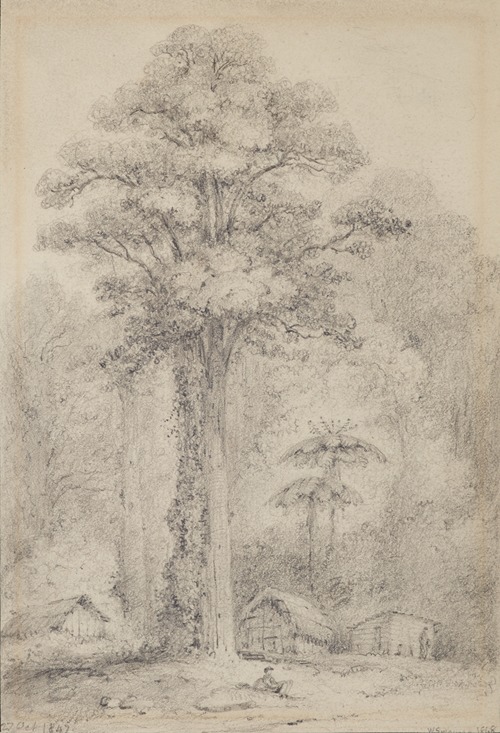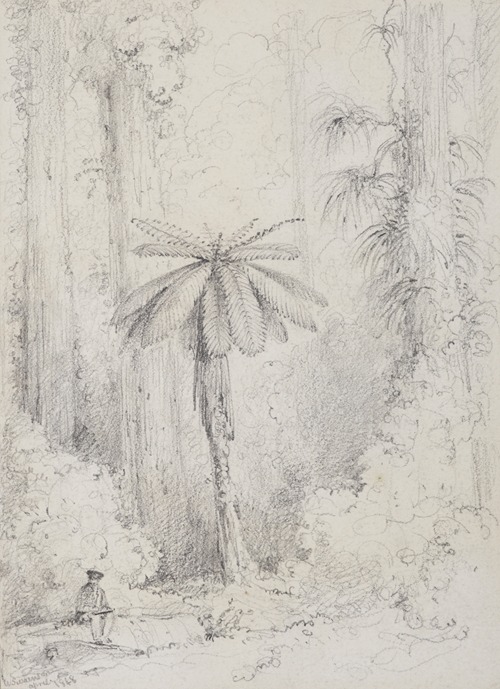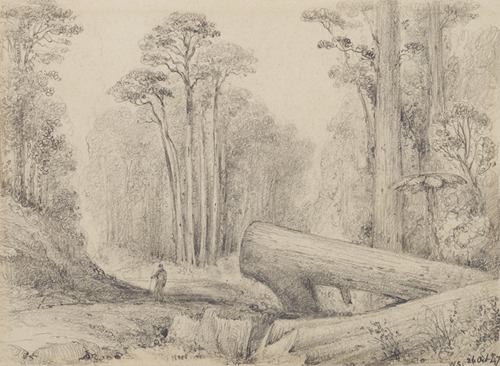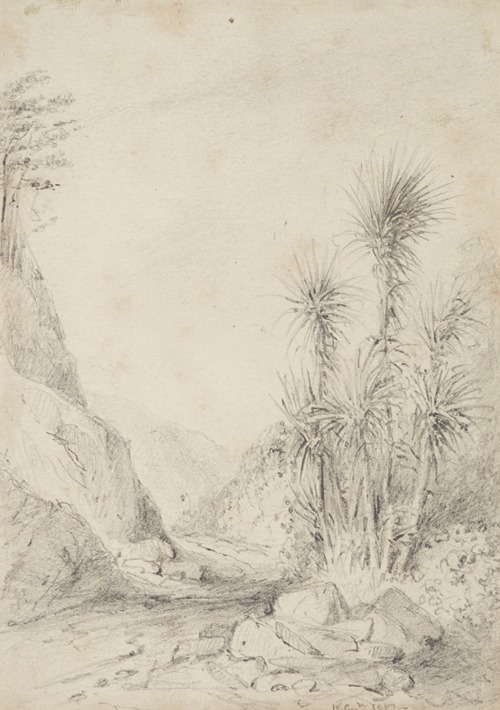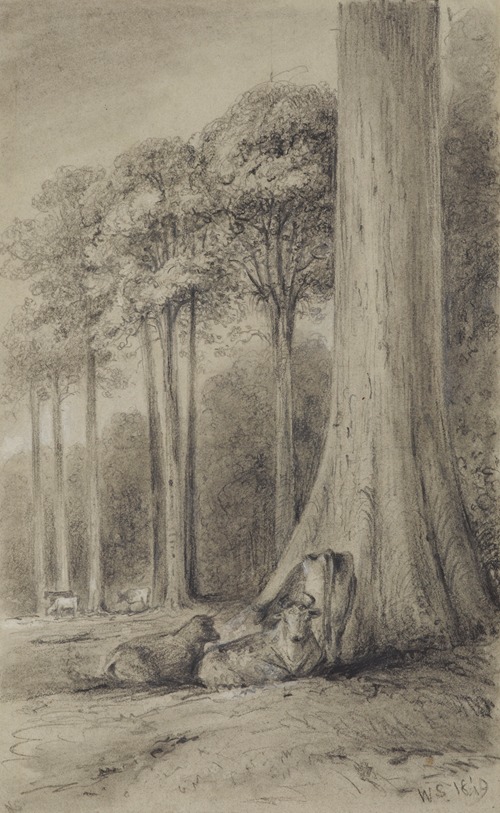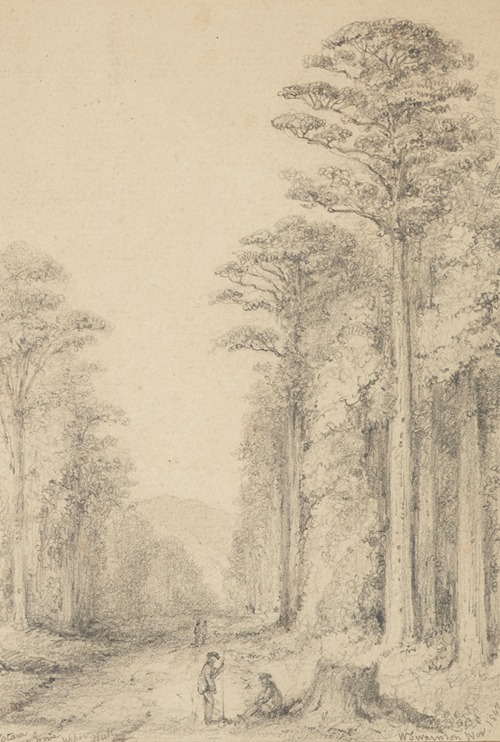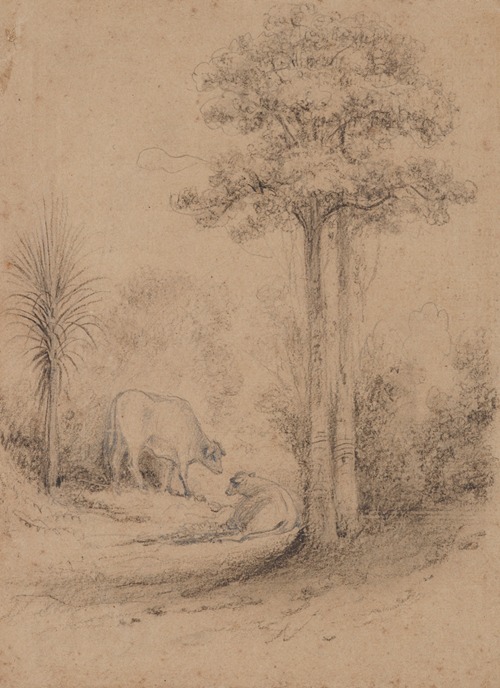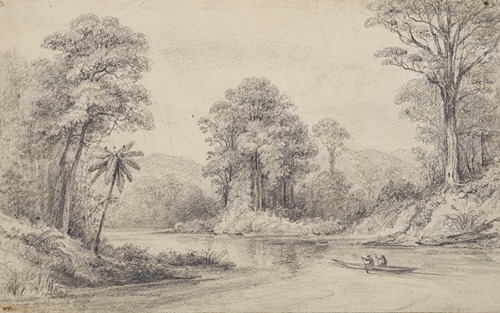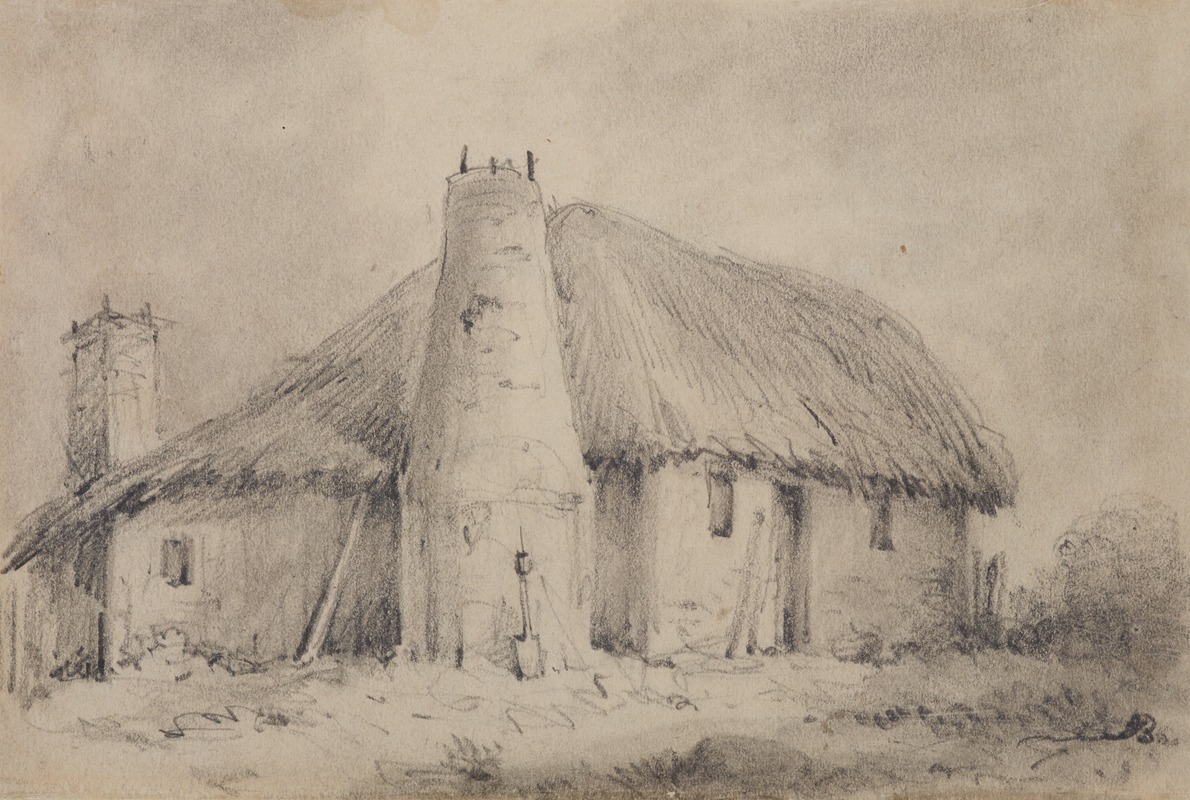
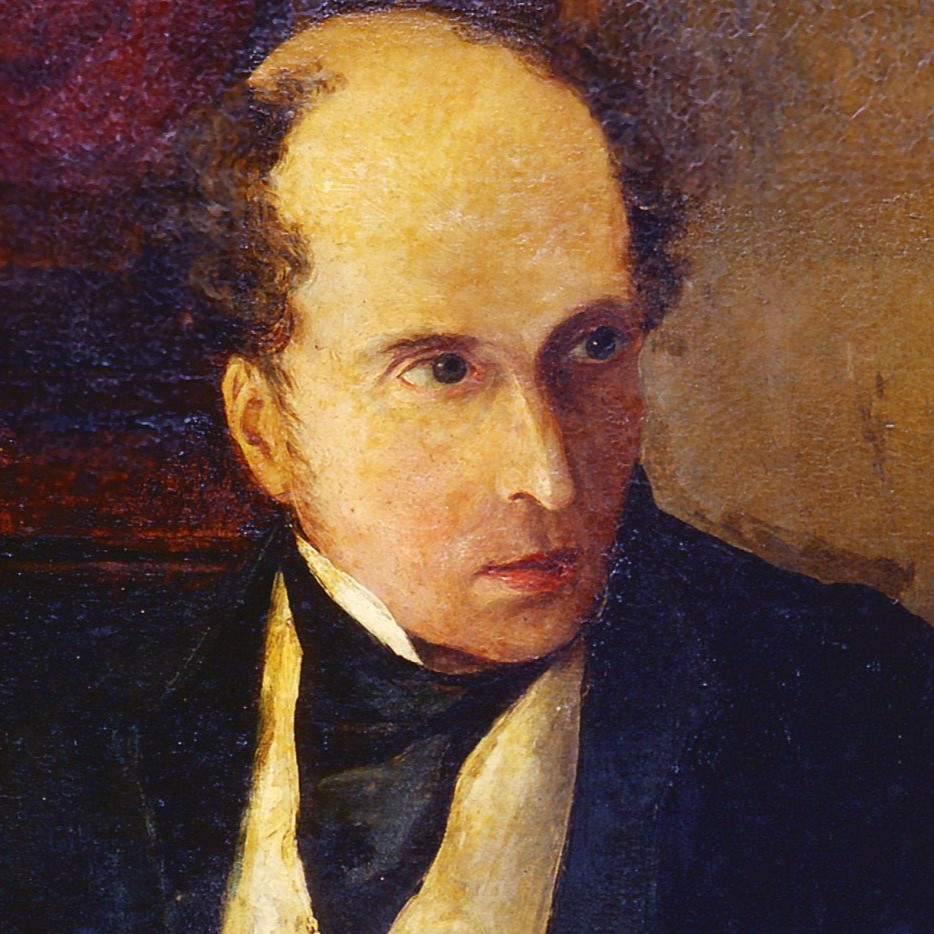
William John Swainson, was an English ornithologist, malacologist, conchologist, entomologist, and artist.
Swainson was born in Dover Place, St Mary Newington, London, the eldest son of John Timothy Swainson the Second (1756–1824), an original fellow of the Linnean Society. He was cousin of the amateur botanist Isaac Swainson. His father's family originated in Lancashire, and both grandfather and father held high posts in Her Majesty's Customs, the father becoming Collector at Liverpool.
William, whose formal education was curtailed because of an impediment in his speech, joined the Liverpool Customs as a junior clerk at the age of 14. He joined the Army Commissariat and toured Malta and Sicily He studied the ichthyology of western Sicily and in 1815, was forced by ill health to return to England where he subsequently retired on half pay. William followed in his father's footsteps to become a fellow of the Linnean Society in 1815.
In 1816, he accompanied the English explorer Henry Koster to Brazil. Koster had lived in Brazil for some years and had become famous for his book Travels in Brazil (1816). There he met Dr Grigori Ivanovitch Langsdorff, also an explorer of Brazil, and Russian Consul General. They did not spend a long time on shore because of a revolution, but Swainson returned to England in 1818 in his words "a bee loaded with honey", with a collection of over 20,000 insects, 1,200 species of plants, drawings of 120 species of fish, and about 760 bird skins.
Swainson was a member of learned societies, including the Wernerian Society of Edinburgh. He was elected a fellow of the Royal Society after his return from Brazil on 14 December 1820, and married his first wife Mary Parkes in 1823, with whom he had four sons (William John, George Frederick, Henry Gabriel and Edwin Newcombe) and a daughter (Mary Frederica). His wife Mary died in 1835.
Swainson remarried in 1840 to Ann Grasby, and emigrated to New Zealand in 1841. Two of their daughters were married in 1863: Edith Stanway Swainson married Arthur Halcombe, and Lucelle Frances Swainson married Richmond Beetham. Swainson was involved in property management and natural history-related publications from 1841 to 1855, and forestry-related investigations in Tasmania, New South Wales, and Victoria from 1851 to 1853. Swainson died at Fern Grove, Lower Hutt, New Zealand, on 6 December 1855.
